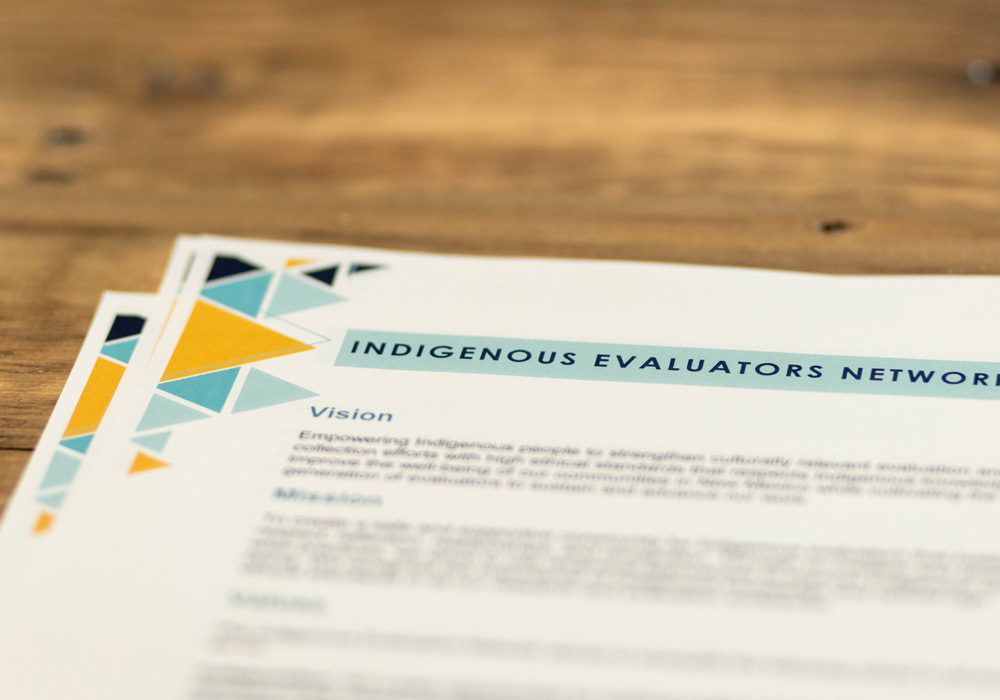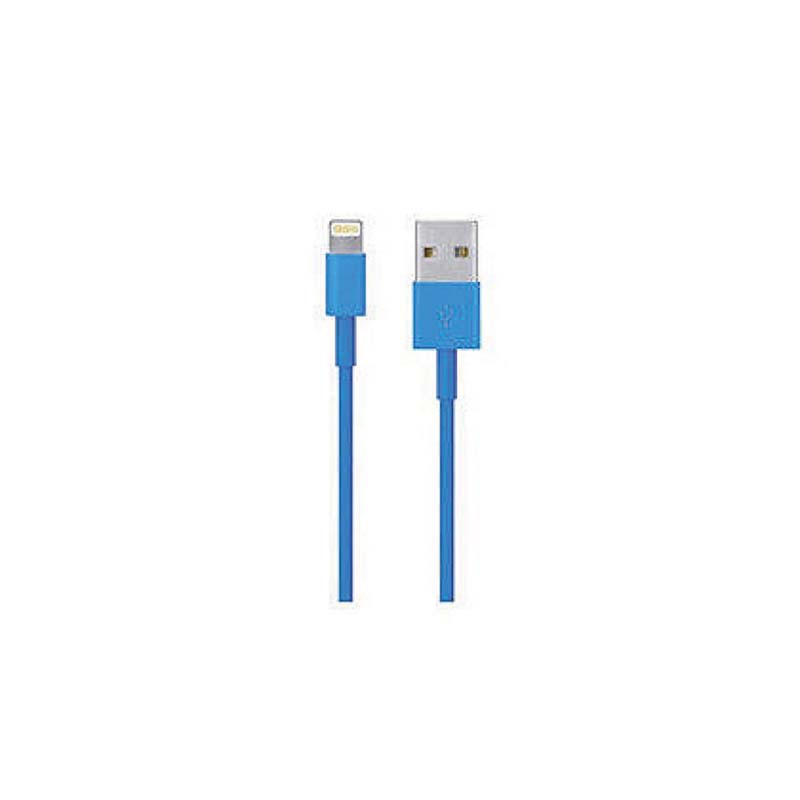The Crucial Role Of Indigenous Scientists In Data Protection And Cultural Heritage

Table of Contents
Understanding Indigenous Data Sovereignty
Defining Data Sovereignty in an Indigenous Context
Data sovereignty, in the context of Indigenous peoples, signifies the right to self-determination and control over data related to their cultures, lands, and communities. It's not simply about ownership; it's about the inherent right to decide how data is collected, used, shared, and protected. This principle acknowledges the deep connection between Indigenous communities and their data, recognizing that this data often represents their history, identity, and future. Key aspects of Indigenous data sovereignty include:
- Control over data collection methods: Indigenous communities must have the autonomy to determine how data about them is collected, ensuring culturally appropriate methods are used.
- Ownership and control of data: Indigenous communities must retain ownership and control over data generated within their territories or relating to their cultures.
- Determination of data use and sharing: Indigenous communities must decide how their data is used and shared, preventing unauthorized access or misuse.
- Benefit-sharing agreements: Mechanisms for fair and equitable benefit-sharing should be established when Indigenous data is used for research or commercial purposes.
- Protection against misuse and misrepresentation of data: Robust safeguards are needed to prevent the misinterpretation, misrepresentation, or exploitation of Indigenous data.
The Importance of Traditional Knowledge in Data Governance
Traditional knowledge systems, such as Traditional Ecological Knowledge (TEK), are invaluable resources for strengthening Indigenous data governance frameworks. This knowledge, accumulated over generations, provides a foundation for ethical and sustainable data management practices. For example:
- Integration of TEK in environmental data management: TEK can complement scientific data in monitoring environmental changes and informing conservation strategies.
- Use of customary law in data protection policies: Customary laws and protocols can provide the basis for developing culturally appropriate data protection policies.
- Incorporation of Indigenous protocols in research ethics guidelines: Research ethics guidelines must be adapted to incorporate Indigenous protocols and values, ensuring culturally sensitive research practices.
Indigenous Scientists as Guardians of Cultural Heritage
Protecting Cultural Heritage in the Digital Age
Digitization presents both opportunities and challenges for the preservation of Indigenous cultural heritage. While digital technologies offer new possibilities for access and dissemination, they also increase the risks of misappropriation and loss. Indigenous scientists are crucial in navigating this complex landscape. Their roles include:
- Developing digital archiving strategies that respect cultural protocols: Digital archives must be created in consultation with Indigenous communities, respecting their protocols for handling sensitive information.
- Combating the misappropriation of cultural heritage online: Indigenous scientists play a vital role in identifying and addressing instances of online misappropriation of cultural heritage.
- Creating culturally appropriate digital access for communities: Digital access must be designed to ensure that Indigenous communities can access and utilize their digital heritage in culturally appropriate ways.
Community-Based Research and Participatory Approaches
Community-based participatory research (CBPR), led by Indigenous scientists, is essential for ethical and culturally sensitive data collection and analysis. This approach prioritizes community ownership and control throughout the research process. Key elements include:
- Free, Prior and Informed Consent (FPIC) in research: FPIC must be obtained from Indigenous communities before any research involving their data or culture is conducted.
- Community ownership of research findings: Indigenous communities must retain ownership of the research findings and have the right to determine how these findings are disseminated.
- Collaborative research designs that center Indigenous perspectives: Research designs should be collaborative, ensuring that Indigenous perspectives and priorities are central to the research process.
Building Capacity and Fostering Collaboration
Education and Training for Indigenous Scientists
Investing in the education and training of Indigenous scientists is crucial for building capacity in data protection and cultural heritage management. This requires:
- Scholarships and grants for Indigenous students in STEM fields: Increased funding for Indigenous students pursuing careers in science, technology, engineering, and mathematics (STEM) is essential.
- Development of culturally relevant curriculum: Educational programs must be designed to be culturally relevant and sensitive, incorporating Indigenous knowledge systems and perspectives.
- Mentorship programs for Indigenous scientists: Mentorship programs can provide valuable support and guidance to Indigenous scientists throughout their careers.
Collaboration between Indigenous Communities, Researchers, and Policy Makers
Effective data protection policies and strategies require strong collaboration between Indigenous communities, researchers, and policymakers. This necessitates:
- Establishment of Indigenous-led data governance bodies: Indigenous communities should lead the development and implementation of their own data governance frameworks.
- Development of national and international policies that support Indigenous data sovereignty: National and international policies should explicitly recognize and support Indigenous data sovereignty.
- Creation of interdisciplinary research teams that include Indigenous scientists: Research teams should include Indigenous scientists to ensure that research is conducted ethically and respectfully.
Conclusion
The crucial role of Indigenous scientists in the protection of data and cultural heritage cannot be overstated. Their expertise and leadership are essential in developing and implementing ethical and culturally appropriate data governance frameworks. By empowering Indigenous scientists, investing in their education, and fostering collaborative partnerships, we can ensure the long-term preservation of valuable Indigenous knowledge and cultural heritage for future generations. Let's prioritize the support and active involvement of Indigenous scientists in data protection initiatives and champion Indigenous data sovereignty for a more equitable and just future. Support Indigenous-led initiatives in data protection and cultural heritage preservation. Learn more about the important work of Indigenous scientists protecting their data and heritage.

Featured Posts
-
 Disney Sets Release Date For Captain America Brave New World
May 14, 2025
Disney Sets Release Date For Captain America Brave New World
May 14, 2025 -
 Finding Banned Candles On Etsy Walmart And Amazon In Canada
May 14, 2025
Finding Banned Candles On Etsy Walmart And Amazon In Canada
May 14, 2025 -
 Manchester Uniteds Pursuit Of Championship Talent Transfer Fee And Competition
May 14, 2025
Manchester Uniteds Pursuit Of Championship Talent Transfer Fee And Competition
May 14, 2025 -
 Watch Scotty Mc Creerys Sons Heartwarming George Strait Homage
May 14, 2025
Watch Scotty Mc Creerys Sons Heartwarming George Strait Homage
May 14, 2025 -
 Metas Antitrust Troubles Examining The Whats App And Instagram Acquisitions
May 14, 2025
Metas Antitrust Troubles Examining The Whats App And Instagram Acquisitions
May 14, 2025
Latest Posts
-
 Sunderlands Bellingham Chelsea Favourites Man United Challengers
May 14, 2025
Sunderlands Bellingham Chelsea Favourites Man United Challengers
May 14, 2025 -
 Jobe Bellingham To Man United Latest Transfer Updates And Rumours
May 14, 2025
Jobe Bellingham To Man United Latest Transfer Updates And Rumours
May 14, 2025 -
 Important Safety Information Walmart Recalls Electric Toys And Chargers
May 14, 2025
Important Safety Information Walmart Recalls Electric Toys And Chargers
May 14, 2025 -
 Jobe Bellingham To Borussia Dortmund A Likely Transfer
May 14, 2025
Jobe Bellingham To Borussia Dortmund A Likely Transfer
May 14, 2025 -
 Jobe Bellingham Chelsea In Pole Position Man United Lagging
May 14, 2025
Jobe Bellingham Chelsea In Pole Position Man United Lagging
May 14, 2025
